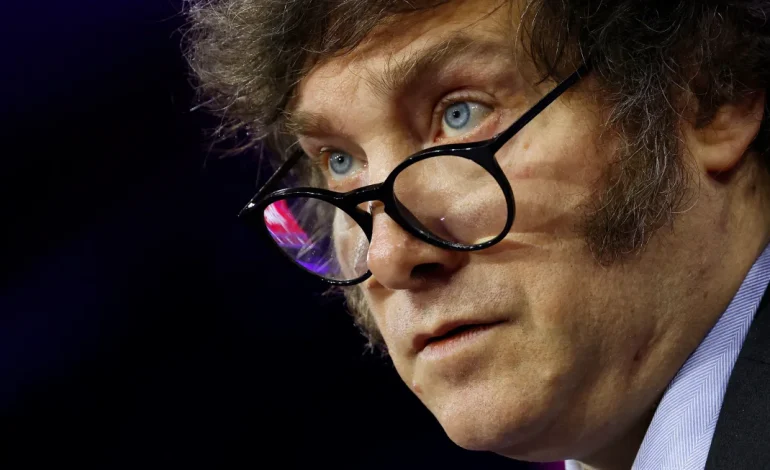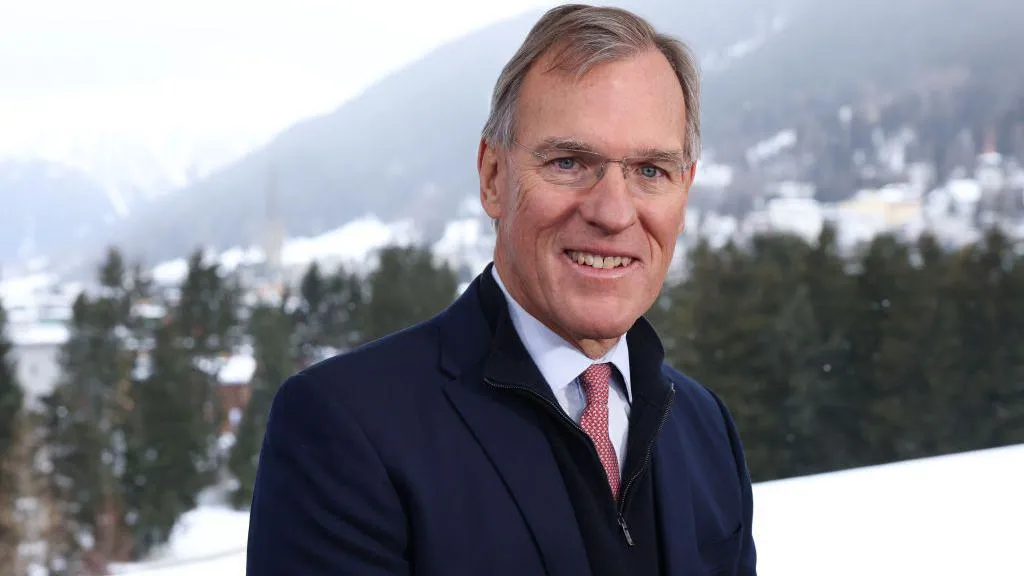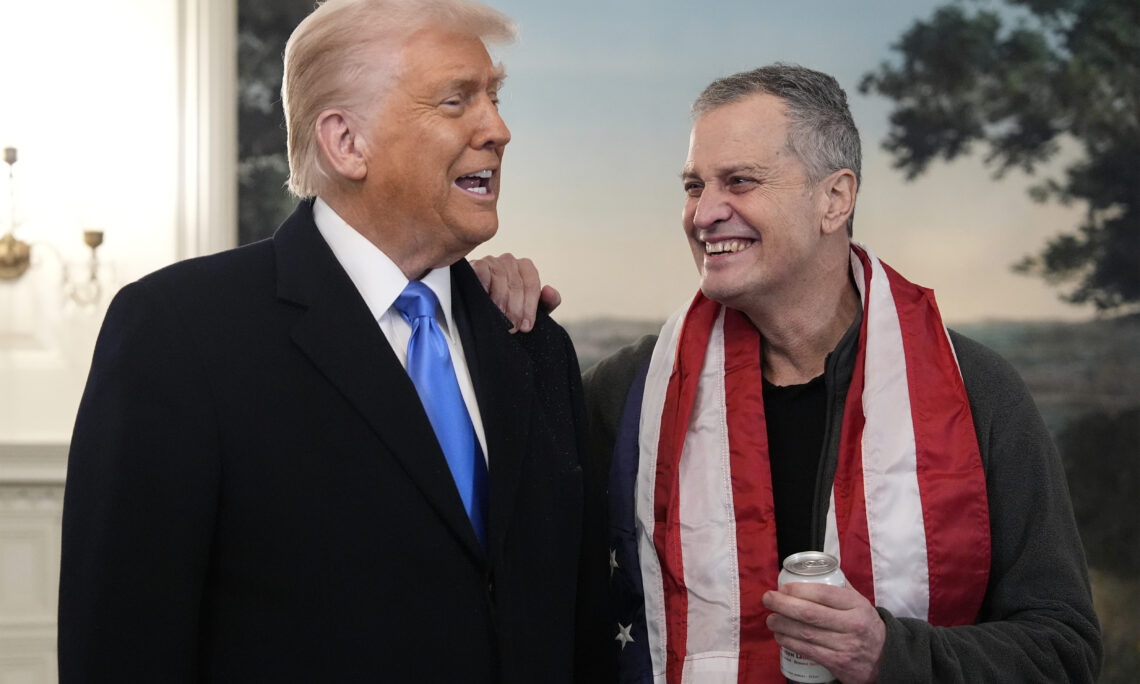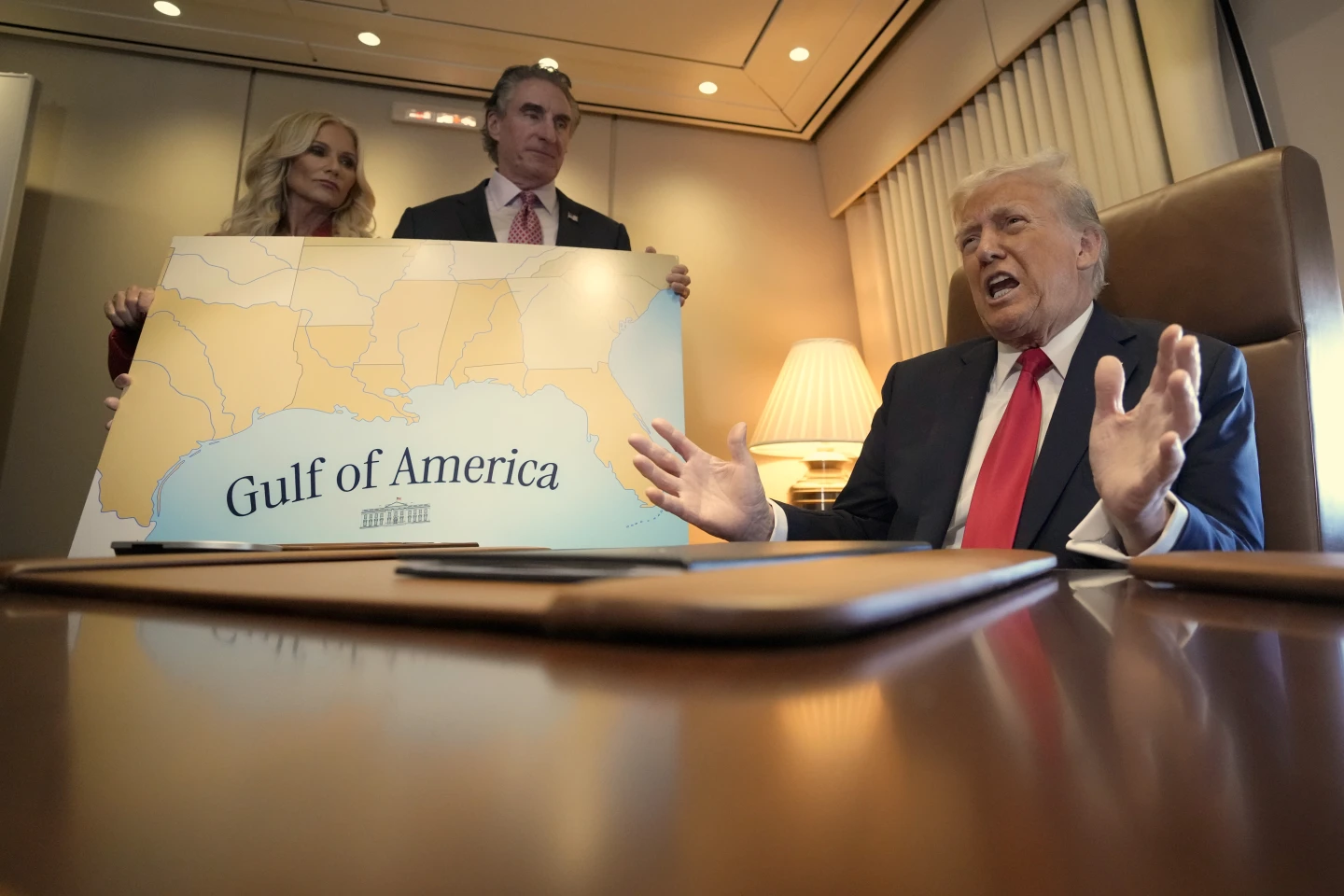Argentina to Exit World Health Organization, Citing Sovereignty Concerns

Argentina has announced its withdrawal from the World Health Organization (WHO), echoing a similar move previously made by US President Donald Trump, CNN reports.
Presidential spokesperson Manuel Adorni confirmed the decision at a news conference on Wednesday, stating that President Javier Milei has instructed the foreign minister to proceed with the withdrawal.
“We Argentinians will not allow an international organization to intervene in our sovereignty, much less in our health,” Adorni said.
The decision aligns with Milei’s ideological affinity with Trump, who announced his intent to withdraw the United States from the WHO on his first day back in the White House, a move widely criticized by public health experts.
Adorni cited “profound differences regarding… health management, especially during the pandemic” as the rationale behind Argentina’s decision. The government accuses the WHO of promoting “endless quarantines” that caused economic damage during the COVID-19 pandemic.
A statement from the presidential office further elaborated, calling for a re-evaluation of the purpose of supranational organizations.
Trump previously criticized the WHO, citing its handling of the COVID-19 pandemic originating in Wuhan, China, as well as its failure to adopt reforms and demonstrate independence from political influence.
WHO Director General Tedros Adhanom Ghebreyesus expressed regret over Trump’s decision at the time, emphasizing the mutual benefits of the organization.
Adorni asserted that Argentina’s withdrawal would not negatively impact the country’s health management, as it does not receive financing from the WHO. He stated that the move would provide “greater flexibility to implement policies” and “greater availability of resources” in Argentina’s best interests.
Founded in 1948, the WHO works in over 150 locations globally, striving to protect the world’s health by expanding universal health coverage and leading international responses to health emergencies.







